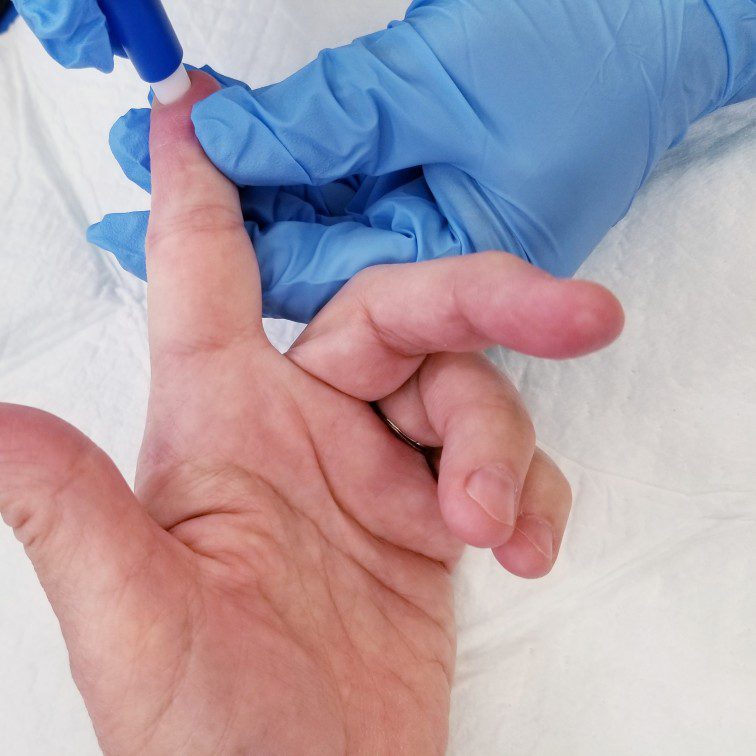Metabolic Syndrome is an increasing health crisis around the globe. Approximately one-third of the US population has this condition.

Metabolic Syndrome is an increasing health crisis around the globe. Approximately one-third of the US population has this condition.
Metabolic Syndrome refers to a collection of symptoms and characteristics.
If you only have one or two of the following, it does not mean you have the condition but have an increased risk of developing it or other health issues in the future.
Can be induced by poor lifestyle habits such as consuming excessive amounts of energy-dense foods such as high fat and sugars and lack of physical activity.
Other lifestyle habits that can contribute to metabolic syndrome include smoking, high amounts of stress, poor sleep, and alcohol consumption.
There are also genetic risks for developing metabolic syndrome. The combination of lifestyle and genetic factors can predispose people to be more at risk of developing future health problems.
Is similar to Metabolic Syndrome but the difference is that there are more cardiovascular symptoms seen with it compared to Metabolic Syndrome. People who are diagnosed with Syndrome X experience angina.
Angina is a condition where the tiny vessels of the heart are dysfunctional and are constricted and can cause chest pain and tightness.
There are no symptoms of Metabolic Syndrome, usually, there are clinical signs such as obesity, abdominal/belly fat, increased thirst and urination, fatigue, and blurred vision. It can easily be diagnosed at your doctor's office with standard blood tests and physical examinations.
Blood tests that will show Metabolic Syndrome include:
Physical Examinations that show Metabolic Syndrome:
Treatment for Metabolic Syndrome can vary anywhere from an allopathic medical approach to a naturopathic medical approach.

In allopathic/traditional Western Medicine, the emphasis is to use medications to manage symptoms. A naturopathic approach employs what is also known as an Integrative medicine or Functional medicine approach which places a heavy emphasis on lifestyle factors.
This approach believes that Metabolic Syndrome is reversible without medication, however, this requires complete patient compliance with the dedication to health so that the risks are managed through healthy eating, good sleep hygiene, regular physical exercise, and stress management.
Here are some basic naturopathic lifestyle recommendations that can help you with Metabolic Syndrome:
A 41 year old female presented to clinic with a history of hair loss, migraines, elevated prolactin, irregular menstrual cycles and infertility. She was on medication (Cabergoline) to lower her prolactin levels. We had her do labs and follow-up 3 weeks later. At that visit, I had her stop her Cabergoline and started her on a multivitamin, DHEA, and magnesium gel. Two months later, she reported that she got her period and was having a regular period. She also reported less hair shedding and no migraines. At that visit, we supplemented her with calcium and magnesium and said

Acupuncture Session - $189.00
Acupuncture, Package of 4 - $636.00
Female Pellet Insertion Package - $518.00
Male Pellet Insertion Package - $744.00